|
Vol. 21, No. 2 Sponsored by:
We're on Facebook! 662 members and counting... Milwaukee, WI -- Dear Mass Communication Division Members, Hope everyone is having a great summer! It is time for another issue of the Gatekeeper! I would like to thank everyone who submitted their papers and panels to the 102nd NCA convention! And congratulations to everyone who received acceptance notices on your submissions. We have an exciting line-up of competitive papers and panels that will be presented at this year's Philadelphia convention. The projects that will be presented fit in well with this year's convention theme, "Communication's Civic Callings.” Special thanks to the MCD Research Committee and our Vice Chair for doing an incredible job in putting together an innovative program for NCA 2016, scheduled to be held in Philadelphia from November 10-13. One of the highlights of the conference every year are the annual awards our division gives out to scholars, teachers, and mentors in our field at the NCA business meeting in recognition of their outstanding contributions to scholarship, teaching and service to our discipline. I would strongly encourage members to nominate yourself or a colleague for the MCD teaching and service awards. Please send all your nominations to our Vice-Chair Elect Meghan Sanders (msand@lsu.edu). Also, please consider serving as an officer for the division. We are constantly seeking fresh energy and new ideas for the division. I have always enjoyed serving as an officer for this division. It has given me an opportunity to work with some amazing scholars and teachers and I will also treasure some of the friendships that I have formed with my fellow officers during my time of service. We look forward to seeing you in Philadelphia! Please feel free to write to me if you have any questions or ideas relating to our division. See you in Philadelphia!
Pocatello, ID -- Please enjoy reading through this new issue of The Gatekeeper. We have an exciting new Gatekeeper Scholar Chat with Dr. Adam Earnheardt from Youngstown State University and important award announcements. There are two requests I’d like to ask of the membership. First, ncamass.org is looking for a new sponsor as support from West Virginia University’s Department of Communication Studies comes to a close. Please contact me as soon as possible if your department would like to sponsor the website and receive prominent visibility on the homepage as well as each issue of The Gatekeeper. Second, please consider contacting me with nominations for future Gatekeeper Scholar Chats. If someone in our field has published work you think should be highlighted and discussed, please forward their information to me. (Self-nominations are welcome, too.) Finally, I wish everyone a productive—and, if possible, calm—start to the new academic year. All the Best!
<<back to top>>
NCA's Mass Communication Division Invites Nominations for Teaching and Service AwardsBaton Rouge, LA -- The Mass Communication division would like to announce a call for the teaching and service awards. Please read and follow the links below. The MCD Teaching Award is designed to recognize excellence in teaching, using the term "teacher" in a broad sense. In order to be considered, the nominee must be a member of NCA and the MCD, must have taught for over ten years (post-graduate), and must have been recognized for teaching excellence by his/her department, unit, college/university, or other group or association. This includes, but is not limited to, awards, merit evaluations, student recognition, etc. Self-nomination is encouraged in addition to nominations by others. The nomination packet should include the Application for Candidate Nomination (completed online), the applicant's curriculum vitae, and three letters of recommendation (not to exceed two pages; one must be from a current or former student). The MCD Service Award is designed to recognize excellence in service, using the term "service" in a broad sense. In order to be considered, the nominee must be a member of NCA and the MCD, must have served the NCA and MCD in a number of capacities, and must have evidence of exemplary service to several of the following: NCA, MCD, their profession, their community, their department, and/or their college/university. Self-nomination is encouraged in addition to nominations by others. The nomination packet should include the Application for Candidate Nomination (completed online), the applicant's curriculum vitae, and three letters of recommendation (not to exceed two pages each). To be considered for the teaching or service awards:
Broadcast Education Association Research SymposiumVideo Games: A Medium that Demands our AttentionLas Vegas, NV -- The Broadcast Education Association will hold a one-day research symposium about video games on Sunday, April 23, 2017. Former Gatekeeper editor and West Virginia professor Dr. Nick Bowman will serve as chairs, and the deadline for paper proposals is December 1st, 2016. Student work is encouraged, and more information can be found at http://www.beaweb.org/wp/?page_id=3345 <<back to top>>
Youngstown, OH -- Dr. Adam C Earnheardt is an associate professor and chair of the Department of Communication at Youngstown State University. His published research, which includes journal articles, book chapters, and edited volumes, focuses on the nexus of sport media and fandom. Earnheardt earned his Ph.D. from Kent State University and has served as the executive director of the Ohio Communication Association and chaired NCA’s Mass Communication Division. He received the distinguished service award for the latter in 2015 and has delivered a Ted Talk on the power of social media in sport to generate social change and writes a column for the. In the fall of 2015, he co-edited and contributed to The ESPN Effect, the first scholarly book to be published about the television network. The following interview was conducted through video conference via Google Hangout. Gatekeeper: Your work deals with media, sport, and fandom. Can you describe what fandom is and what researchers like yourself are interested in? AE: Fandom is a microcosm of everything. It touches just about every aspect of society—from a demographic perspective such as age, ethnicity and gender—but while I look at it in terms of the celebration of sport, it could be expanded to look at fandom through forms of celebrity, like Kanye West, or even cigars or sailboats. Sport fandom, though, is so far reaching. Gatekeeper: Your work also deals with parasocial interaction. What, then, distinguishes sport fandom from other celebrity entertainment? AE: For most sports fans, athletes seem accessible. Maybe it’s because we watch them so much on television and in stadiums, or get an autograph from them. But what’s remarkable now, from twenty or thirty years ago when Allen Rubin and Becky Rubin and Betsy Perse were first researching parasocial interaction, is that social media almost invalidates it. Communication is no longer one-sided, as a result. It used to be completely controlled by the athlete or celebrity. Well, not so much anymore. Now we, as fans, can guide that relationship, so the way we look at parasocial interaction has changed. Gatekeeper: What, then, do you make of athletes using social media and co-opting traditional forms of media, such as with the Players Tribune? AE: One, athletes are no longer reliant upon the media to get their message out. They can leapfrog the agenda-setting process and the gatekeepers. So if A-Rod wants to get on Twitter, he doesn’t need the media. Sure, journalists will pick up on the tweets, but in the meantime social media has made all of us mass communicators. The other side of it is this: some athletes use it well, but others are very bad at it. But before, athletes would have an entire PR agency behind them controlling the message, and now that’s not the case. Gatekeeper: Speaking of public relations, is the traditional function of that industry now more or less important because of social media? AE: More important, actually, because content marketing and media is so big. Our students who go to work in PR agencies are now being asked to create content. Because of branding, PR agencies are the leading edge of content delivery and engagement. Athletes still need help evaluating their messages, and PR agencies are effective at listening and reacting. Gatekeeper: In terms of the Mass Comm division, where do you see our research headed? AE: I’ve always thought we shared a lot with the Human Communication and Technology division, and though I’m a department chair now with not too much time for a lot of scholarship, I’ve like to see more studies on virtual reality and augmented reality. Pokemon Go is a good example of that as it’s blown up. It’s getting people up and walking around, people are connecting face to face. While critics have argued social media has been keeping us apart, here’s an example where technology is bringing people together. The other thing I’d love to see more of, and it’s kind of into the scary Brave New World type of thing, is the power of artificial intelligence. How will AI change the way we consume mass communication content and create it? We really don’t know. But it’s very powerful and even scary, and I think there are some amazing research possibilities in the very near future. In fact, my family is adopting an Artificial Intelligence robot named Buddy, so we’ll see how that goes. Gatekeeper: As a department chair, maybe it can help with scheduling. AE: You know, you may be on to something. Gatekeeper: How do you envision mass communication research approaching artificial intelligence? Would it be social scientific, theorizing, critical/cultural criticism? What would it look like? AE: My first love, theoretically, is uses and gratifications theory, and I think this would be a good starting point because it’s about what motivates people. Is it social companionship or is it a limitless scope in terms of education and utility? Gatekeeper: In addition to your role as an academic, you’re also a local media columnist. I’m curious what you think the responsibility, if any, of those of us in NCA have to reach the general public. AE: I have been preaching this since I got into academe. We are the worst at sharing our knowledge with the public. In a previous life I was a webmaster and e-marketing director, so my whole job was getting the word out to the public. I’m amazed at the work we do that the public has no clue what we’re talking about, no awareness of, and I think it’s because we make it inaccessible. I was initially hired at YSU to teach computer-mediated communication, but three years ago the editor of the local paper asked me to write a column on whatever I wanted. I’ve tried in that capacity to bring our research to the public in an accessible way they can understand and really, truly get behind. I take journal articles I find interesting and morph it into a column that makes sense to people. I’m not paid to do it but I want to be seen as scholarship. It’s only 500 words a week, but it’s a completely different experience. If anyone in our discipline has an opportunity to do this, they should jump at it. It’s kind of a freeing, cathartic type of writing. You’re not constrained by style guidelines and you can interpret things on your own and make some expert opinions. Also, if we have people who want to write books, we should write them for the public. There’s just as much joy and scholarly contribution behind it. Gatekeeper: In terms of scholars in mass communication, you’re suggesting sharing more with the public. What forms would that take beyond newspapers and books? AE: Blogging is a good start. If you’re posting a new entry a couple of times a month and pushing that content through social media, you can begin to get a following and even start a newsletter. And I’ll tell you this: there’s a lot of book publishing opportunities out there that we don’t take advantage of. There’s definitely a market for our ideas, and we should put it out there for publishers to check out because they might know markets that we haven’t even considered. Gatekeeper: Moving into pedagogy, I’m curious what you think about the relationship between the Mass Communication division and pedagogy in terms of curriculum. Given all the new technologies out there, what should we be considering? AE: Well, it used be a big emphasis on convergence. Journalists are no longer just writers, and video people are no longer just behind the camera. What we try to do is keep our ear to the ground and see where the industry is going. But the number one thing is listening to employers. We have regular meetings with them and the local business incubator. This help students with internships and some of the first students they look for are in communication. Why? Because they want people who can engage, lead teams, solve problems and negotiate conflict. At the same time, we’re also giving students tangible skills like social media literacy and how to run campaigns, how to use software in order to reach audiences and engage them. Gatekeeper: Thanks for agreeing to the interview. Is there anything else, in closing, you’d like to add or communicate to the division? AE: One of the things I’ve been part of at NCA has been the anti-bullying campaign that Christy Beck initiated. We’ve been very excited about this. They’ve created a digital repository for anti-bullying literature and it goes way beyond the classroom. It looks at bullying from the workplace perspective to the bystander perspective and even cyber-bullying, and it’s been really rewarding.
This site best viewed and navigated with Internet Explorer 7x or greater, and seems to work fine with Google Chrome and Mozilla Firefox.
(c) 2016 NCA Mass Communication Division |
|||||||||||||||||||||||||||||||
/20th_2.jpg)
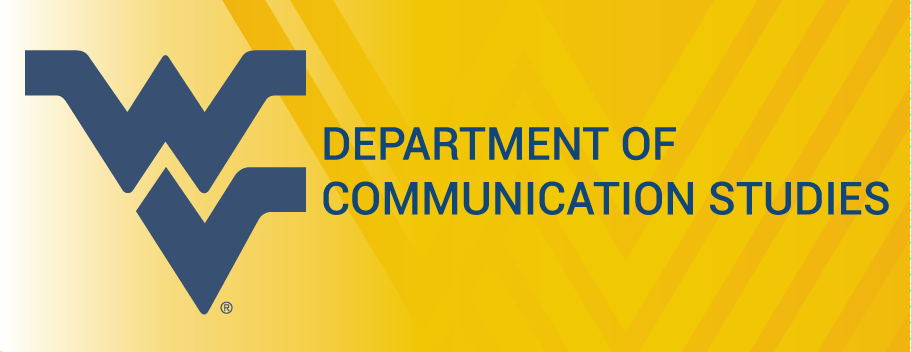

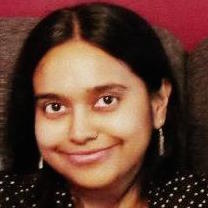
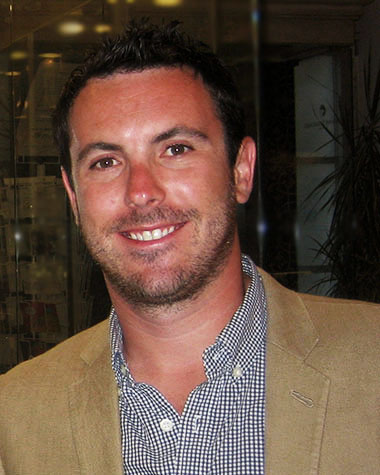 Dr. Zac Gershberg
Dr. Zac Gershberg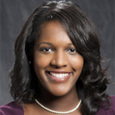 Vice Chair-Elect
Vice Chair-Elect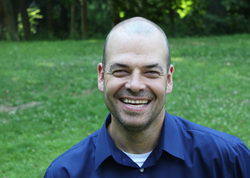
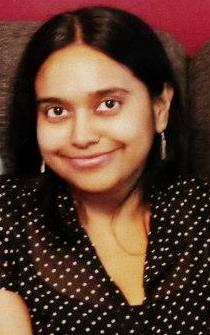
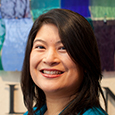
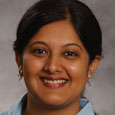
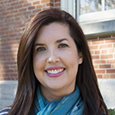 Secretary
Secretary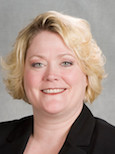 Secretary-Elect
Secretary-Elect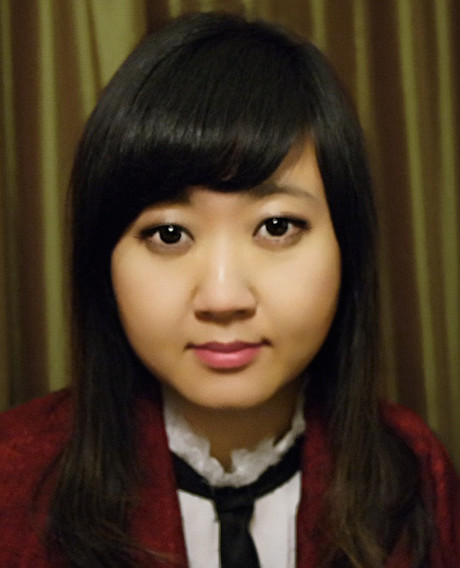 Graduate Student Rep.
Graduate Student Rep. Vice-Chair ('16)
Vice-Chair ('16)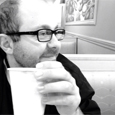 Vice-Chair ('17)
Vice-Chair ('17)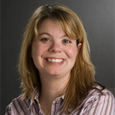 Vice Chair-Elect ('18)
Vice Chair-Elect ('18)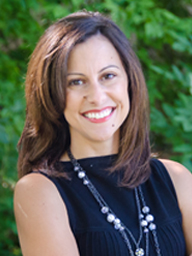 Vice Chair-Elect ('19)
Vice Chair-Elect ('19)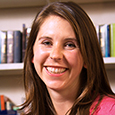 Nominations Committee (expires '16)
Nominations Committee (expires '16)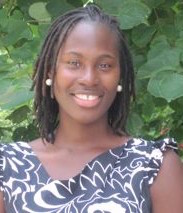 Nominations Committee (expires '16)
Nominations Committee (expires '16)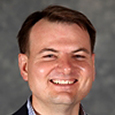 Nominations Committee (expires '16)
Nominations Committee (expires '16)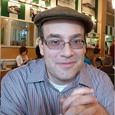 Nominations Committee (expires '16)
Nominations Committee (expires '16)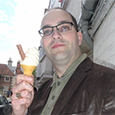
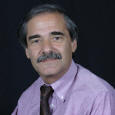
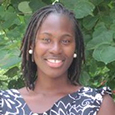 Legislative Assembly
Legislative Assembly